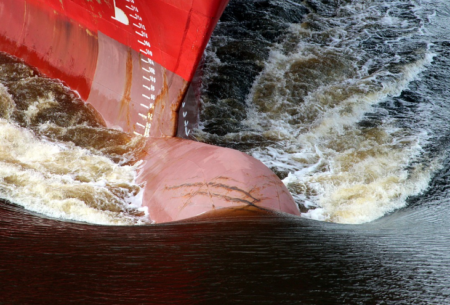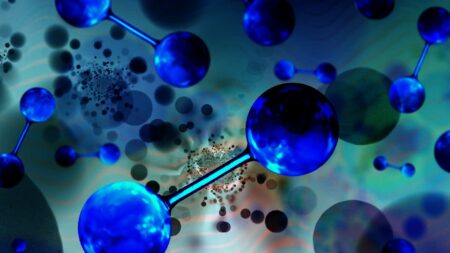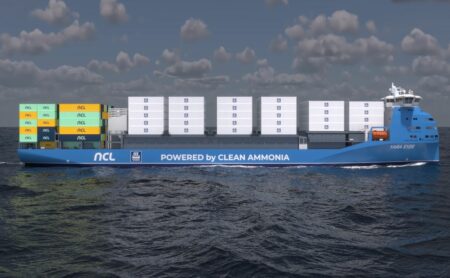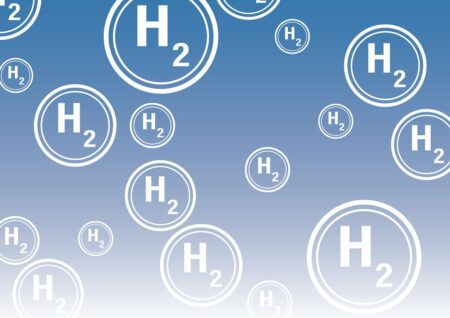Container ships, with their massive diesel engines, significantly contribute to global pollution, impacting climate and human health. Maritime shipping accounts for nearly 3% of global carbon dioxide emissions, with detrimental effects on air quality causing approximately 100,000 premature deaths annually.
Browsing: maritime
China is making significant strides in the maritime industry to curb carbon emissions by developing hydrogen fuel cell technology for ships.
Amogy, a provider of effective ammonia-to-power solutions, has recently signed a Letter of Intent (LOI) with the Maritime and Port Authority of Singapore (MPA) and several partners.
Amogy and ITOCHU unveiled a strategic partnership aimed at evaluating possibilities of utilizing Amogy’s technology for decarbonizing ITOCHU’s maritime fleet. The initiative’s announcement was made while signing a Memorandum of Understanding (MOU).
In a historic move towards decarbonizing the maritime industry, green hydrogen producers have committed to supplying 11 million tons of low-emission fuel for the shipping sector by 2030.
Yara Clean Ammonia, North Sea Container Line, and Yara International are spearheading an unprecedented venture—the creation of the world’s inaugural container ship fueled by clean ammonia.
The European Maritime Safety Agency (EMSA) has set sail on an ambitious journey, exploring the viability of hydrogen as a fuel for the shipping industry. In its latest report, titled “Potential of Hydrogen as fuel for shipping,” EMSA delves into the intricate landscape of hydrogen adoption, shedding light on its properties, sustainability, availability, suitability, and the associated costs and developments for marine applications.
The maritime industry, a vital backbone of global trade and transportation, is taking a giant leap towards sustainability with the commercialization of Yanmar Power Technology’s innovative marine hydrogen fuel cell system.
As the world intensifies its efforts to combat climate change, the maritime industry faces increasing pressure to reduce its significant contribution to global greenhouse gas emissions, amounting to nearly 3% of the total. In this pursuit of a greener future, the integration of hydrogen and fuel cells emerges as a game-changing solution that could revolutionize ship propulsion and drive decarbonization.
Yara Clean Ammonia and Cepsa have formed a strategic partnership to create the inaugural clean hydrogen maritime corridor connecting the ports of Algeciras and Rotterdam.










